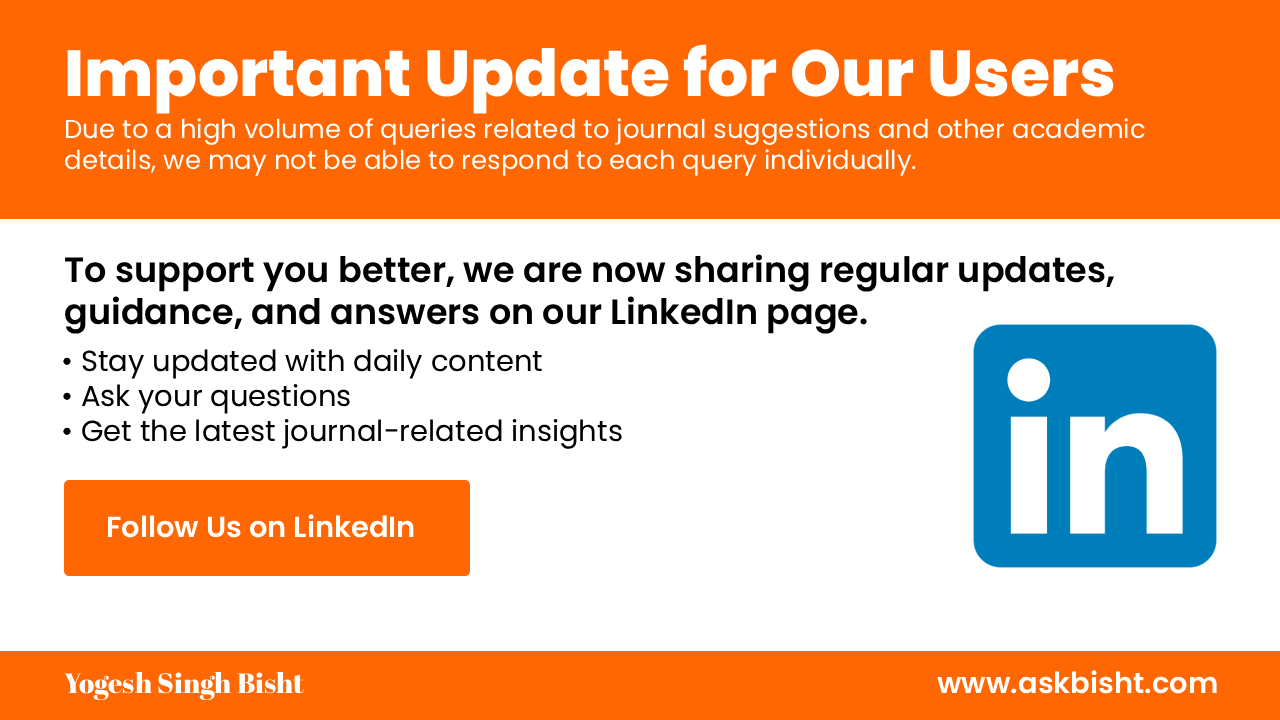International Journal of Behavioral Medicine
Published by Taylor & Francis (Journal Finder)
ISSN : 1070-5503 eISSN : 1532-7558
Abbreviation : Int. J. Behav. Med.
Aims & Scope
The International Journal of Behavioral Medicine (IJBM) is the official scientific journal of the International Society for Behavioral Medicine (ISBM).
IJBM seeks to present the best theoretically-driven, evidence-based work in the field of behavioral medicine from around the globe.
IJBM embraces multiple theoretical perspectives, research methodologies, groups of interest, and levels of analysis.
The journal is interested in research across the broad spectrum of behavioral medicine, including health-behavior relationships, the prevention of illness and the promotion of health, the effects of illness on the self and others, the effectiveness of novel interventions, identification of biobehavioral mechanisms, and the influence of social factors on health.
We welcome experimental, non-experimental, quantitative, qualitative, and mixed-methods studies as well as implementation and dissemination research, integrative reviews, and meta-analyses.
View Aims & ScopeMetrics & Ranking
Impact Factor
| Year | Value |
|---|---|
| 2025 | 1.7 |
| 2024 | 2.00 |
Journal Rank
| Year | Value |
|---|---|
| 2024 | 6088 |
Journal Citation Indicator
| Year | Value |
|---|---|
| 2024 | 663 |
SJR (SCImago Journal Rank)
| Year | Value |
|---|---|
| 2024 | 0.862 |
Quartile
| Year | Value |
|---|---|
| 2024 | Q2 |
h-index
| Year | Value |
|---|---|
| 2024 | 80 |
Impact Factor Trend
Abstracting & Indexing
Journal is indexed in leading academic databases, ensuring global visibility and accessibility of our peer-reviewed research.
Subjects & Keywords
Journal’s research areas, covering key disciplines and specialized sub-topics in Psychology, designed to support cutting-edge academic discovery.
Most Cited Articles
The Most Cited Articles section features the journal's most impactful research, based on citation counts. These articles have been referenced frequently by other researchers, indicating their significant contribution to their respective fields.
-
You want to measure coping but your protocol’ too long: Consider the brief cope
Citation: 5242
Authors: Charles S.
-
The brief resilience scale: Assessing the ability to bounce back
Citation: 4387
Authors: Bruce W., Jeanne, Kathryn, Erin, Paulette, Jennifer
-
Psychometric qualities of the rand 36-item health survey 1.0: A multidimensional measure of general health status
Citation: 432
Authors: Karen I., Robbert, Joost W., Hanneke
-
Impact of mindfulness-based stress reduction (MBSR) on sleep, mood, stress and fatigue symptoms in cancer outpatients
Citation: 392
Authors: Linda E., Sheila N.
-
The Relationship Between Life Satisfaction and Health Behavior: A Cross-cultural Analysis of Young Adults
Citation: 345
Authors: Nina, Jane, Andrew
-
A Systematic Review of Predictors of, and Reasons for, Adherence to Online Psychological Interventions
Citation: 330
Authors: Lisa, Claire
-
Risk Perceptions Related to SARS and Avian Influenza: Theoretical Foundations of Current Empirical Research
Citation: 303
Authors: Anja, Arja R.
-
Workaholism vs. Work Engagement: the Two Different Predictors of Future Well-being and Performance
Citation: 281
Authors: Akihito, Wilmar B., Kimika, Norito
